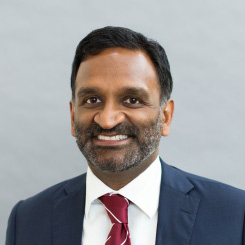Roger Cohen’s column in today’s International Herald Tribune slams the French economic system by telling the story of Rachid Ech Chetouani, a young French Muslim.
(Unfortunately, the column is behind the New York Times Select firewall and available only to subscribers. Isn’t it ironic that the Times can write such moving pieces about social exclusion while practicing it at the very same time?)
Chetouani has been to China and North America, so he has some alternative economic systems for comparison purposes.
Speaking of China: “It’s seething, it never stops, it’s full of pitiless people emerging from hard times,” he said. “There are no cafés! They don’t have time for that. Everyone’s out to make it.”
“The difference in North America is that it’s competence that counts,” he said. “Nobody’s interested in where you came from as long as you can bring them money. Here [in France], the system is based more on knowing the right people.”
France’s problems apply to the European social model as a whole, with its high level of taxes and regulations to ensure high levels of supposedly more humane social protection. But where does that leave young people like Chetouani who are intelligent and willing to work hard, yet somehow trapped outside the system?
He remarks with not a little bitterness, “I’m for a society of winners. France doesn’t like winners. When you make it, you hide it. One question nobody seems able to answer is: If the French economic model is so great, how come nobody copies it?”
A very good question in search of an answer throughout large parts of Europe.

